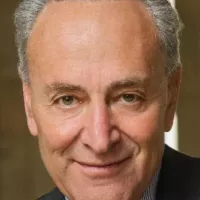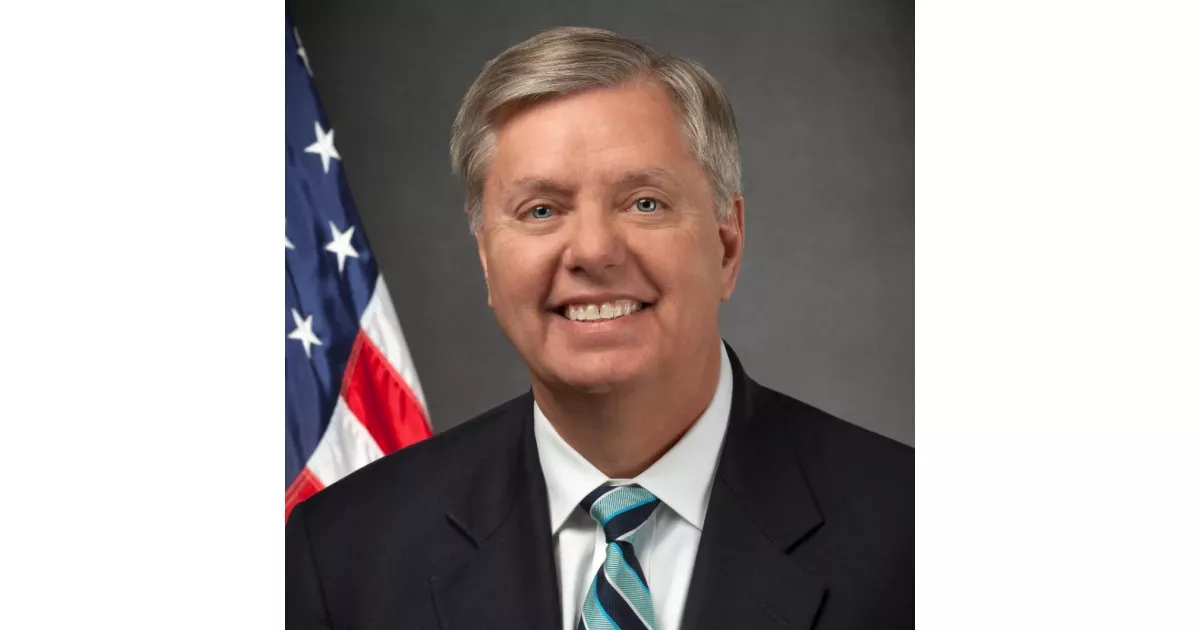Discover the defining moments in the early life of Lindsey Graham. From birth to education, explore key events.
Lindsey Graham is an American politician and attorney. He has served as a Republican U.S. Senator for South Carolina since 2003. He notably chaired the Senate Judiciary Committee from 2019 to 2021.
4 hours ago : Lindsey Graham Predicts Cuba Next After Iran Strikes, Regime Collapse Imminent
Senator Lindsey Graham suggests Cuba could be the next target after Iran strikes, claiming the Iranian regime is on the verge of collapse, mentioning Trump's influence.
July 9, 1955: Lindsey Graham's Birth
On July 9, 1955, Lindsey Olin Graham was born. He is now an American politician and attorney serving as a senior United States Senator from South Carolina.
1977: Graduated from the University of South Carolina with a B.A.
In 1977, Lindsey Graham graduated from the University of South Carolina with a Bachelor of Arts degree in psychology.
1981: Graduated from the University of South Carolina School of Law
In 1981, Lindsey Graham graduated from the University of South Carolina School of Law with a Juris Doctor (J.D.) degree.
June 17, 2015: Graham addresses Charleston church shooting and Confederate flag
After the Charleston church shooting on June 17, 2015, Lindsey Graham addressed the calls to remove the Confederate flag from the South Carolina State Capitol grounds, stating it was time for people in South Carolina to revisit that decision while acknowledging its controversial symbolism, and focused on the shooter's personal responsibility for the crime.
Mentioned in this timeline

Donald John Trump is an American politician media personality and...

Vladimir Vladimirovich Putin is a Russian politician and former intelligence...

Chuck Schumer is the senior United States Senator from New...

Bill Clinton served as the nd U S President from...
Fox News Channel FNC is a conservative American news and...

Hillary Diane Rodham Clinton is a prominent American politician lawyer...
Trending

1 hour ago Devin Booker returns from injury as Haywood Highsmith debuts for Suns.

1 hour ago Marcus Smart shines with defensive prowess, racking up steals in Lakers' victory.

1 hour ago DeMar DeRozan Trade Rumors: Kings, Hawks Potential Suitors; NBA Picks Targeted

1 hour ago Maxime Raynaud Shines Despite Loss; Praised for Rookie Potential and Shooting.

1 hour ago Rui Hachimura's demand for Lakers' focus surfaces after victories over Warriors and Kings.

1 hour ago Zion Williamson's Status: Lakers Game, Ankle Injury, and Recent Playing Streak
Popular

Hillary Diane Rodham Clinton is a prominent American politician lawyer...

Ken Paxton is an American politician and lawyer serving as...

Jesse Jackson is an American civil rights activist politician and...

Jim Carrey is a Canadian-American actor and comedian celebrated for...

Bill Clinton served as the nd U S President from...

XXXTentacion born Jahseh Dwayne Ricardo Onfroy was a controversial yet...
